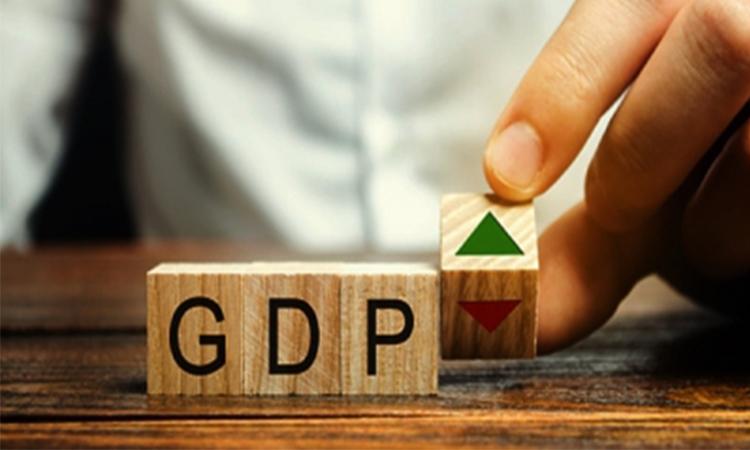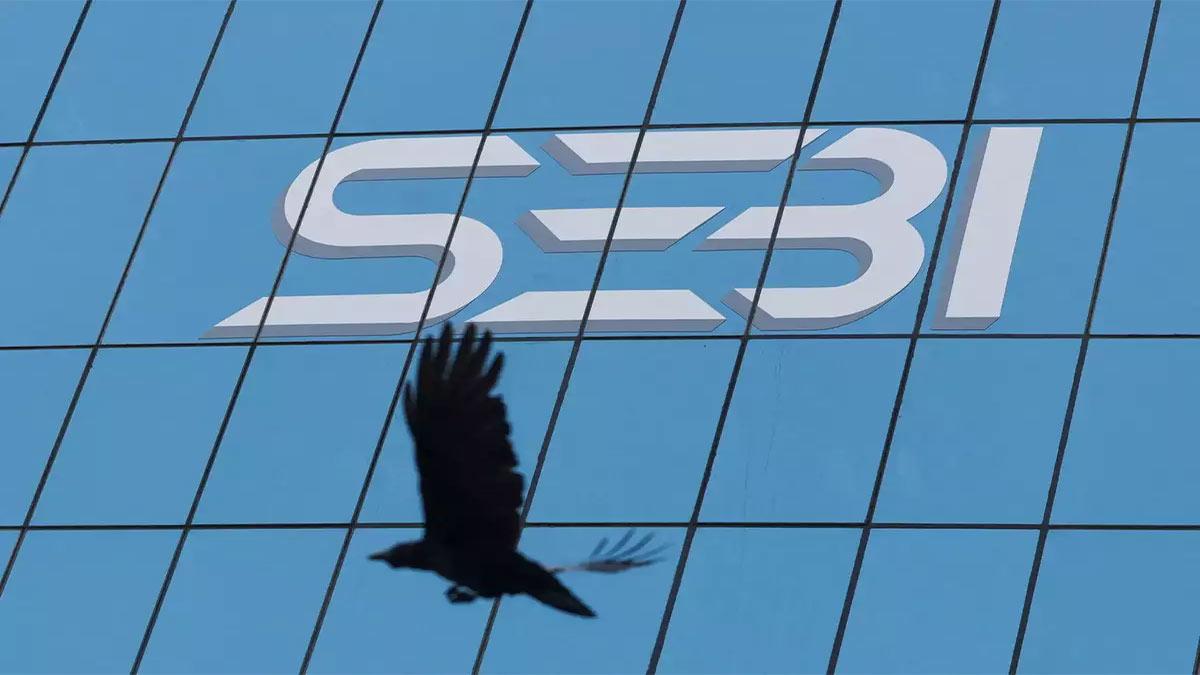Due to rampant inflation, Sweden's economic growth is expected to dramatically slow down this year and next, according to a report released by the National Institute of Economic Research (NIER).
According to the government agency's latest prognosis on Tuesday, economic growth is projected to slow to 1.9 per cent this year and 1.2 per cent in 2023.
This is considerably below the 3.3 per cent and 2.1 per cent gross domestic product growth figures the same agency forecast this March. Back then, the agency still expected an economic boom, albeit moderate, to start towards the end of the year, Xinhua news agency reported.
This 180-degree turn is mainly due to the worsening economic situation of Swedish households, the report said.
Also read | Amazon names Herrington as CEO of Worldwide Amazon Stores
In another report released last week, Statistics Sweden indicated how much the economic situation of households has deteriorated lately -- the 12-month inflation rate had accelerated to 7.2 per cent in May.
It was the highest inflation rate recorded since 1991 and the NIER said this was the result of "a perfect storm" that started with an expansive monetary policy to dampen the negative economic effects of the Covid-19 pandemic, followed by supply and delivery problems as production took off again following the lockdown.
Inflation was then further exacerbated by the Russia-Ukraine conflict.
Despite the rather gloomy outlook, Swedish businesses are still optimistic -- especially those active in manufacturing.
Many businesses believe they will expand and the NIER, therefore, believes unemployment will shrink, although the unemployment rate is still expected to remain "relatively high".
Swedish consumers, however, do not share this optimism. Whereas the confidence index among Swedish households stood was above 110 (baseline 100) a year ago, this has shrunk to 70, which according to the NIER is an all-time low.
This pessimism started with the exceptionally high inflation rate and the mood was further dampened by the rapidly falling stock index and nosediving property prices.
Also read | RBI extends timeline for compliance of some card business directions
Despite the recent high inflation and relatively high unemployment, the NIER does not consider it likely that Sweden will enter stagflation as inflation is forecast to slow down considerably.
The agency also believes that the economic developments will be challenging for the Riksbank, Sweden's central bank, which "faces a difficult balancing act in the choice between how much monetary policy should be tightened in order to contain inflation while preventing the downturn from becoming too deep".


















